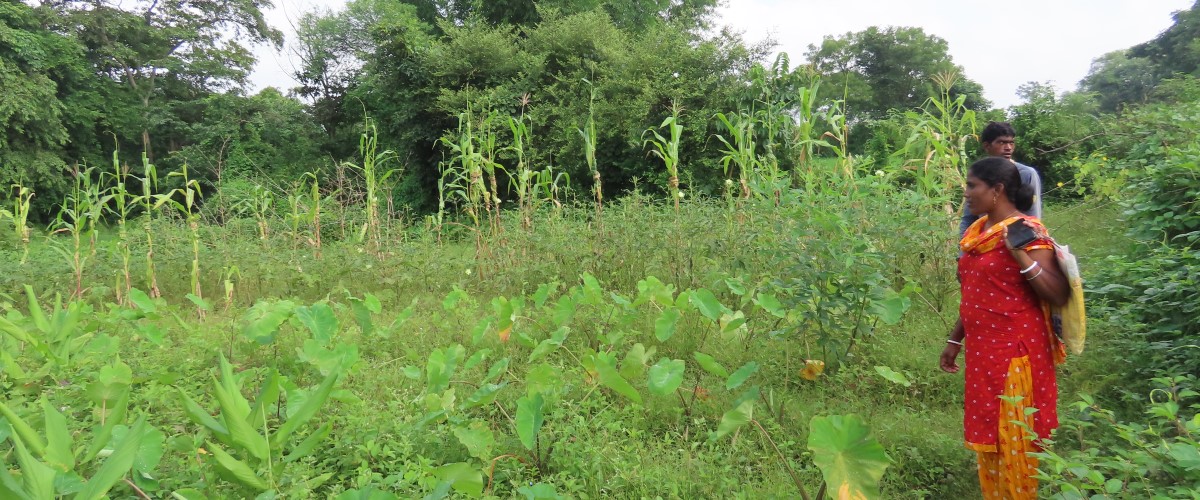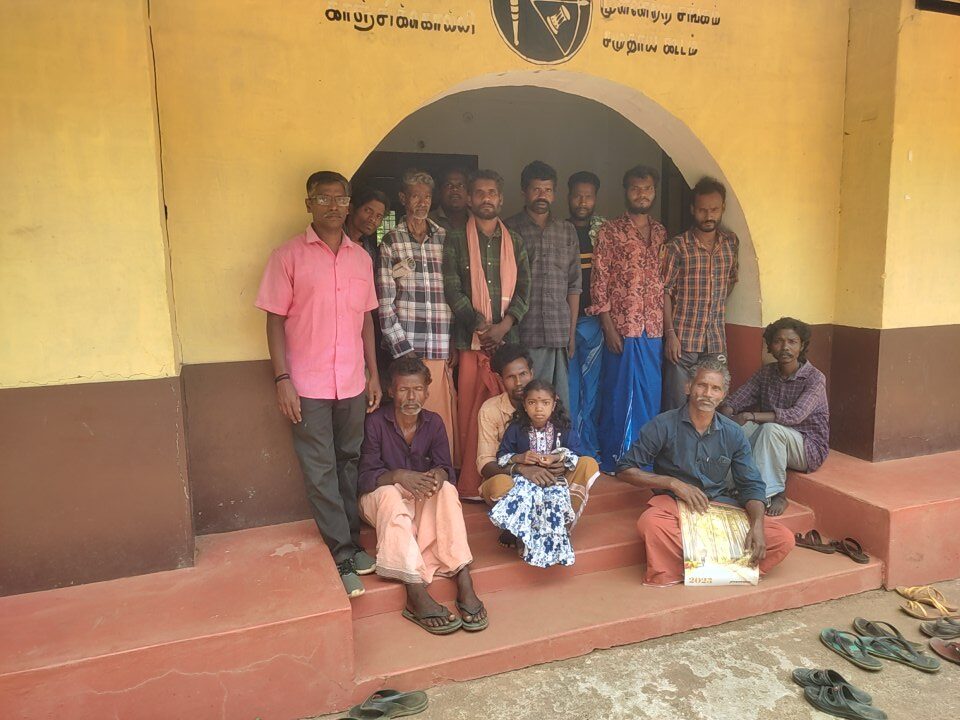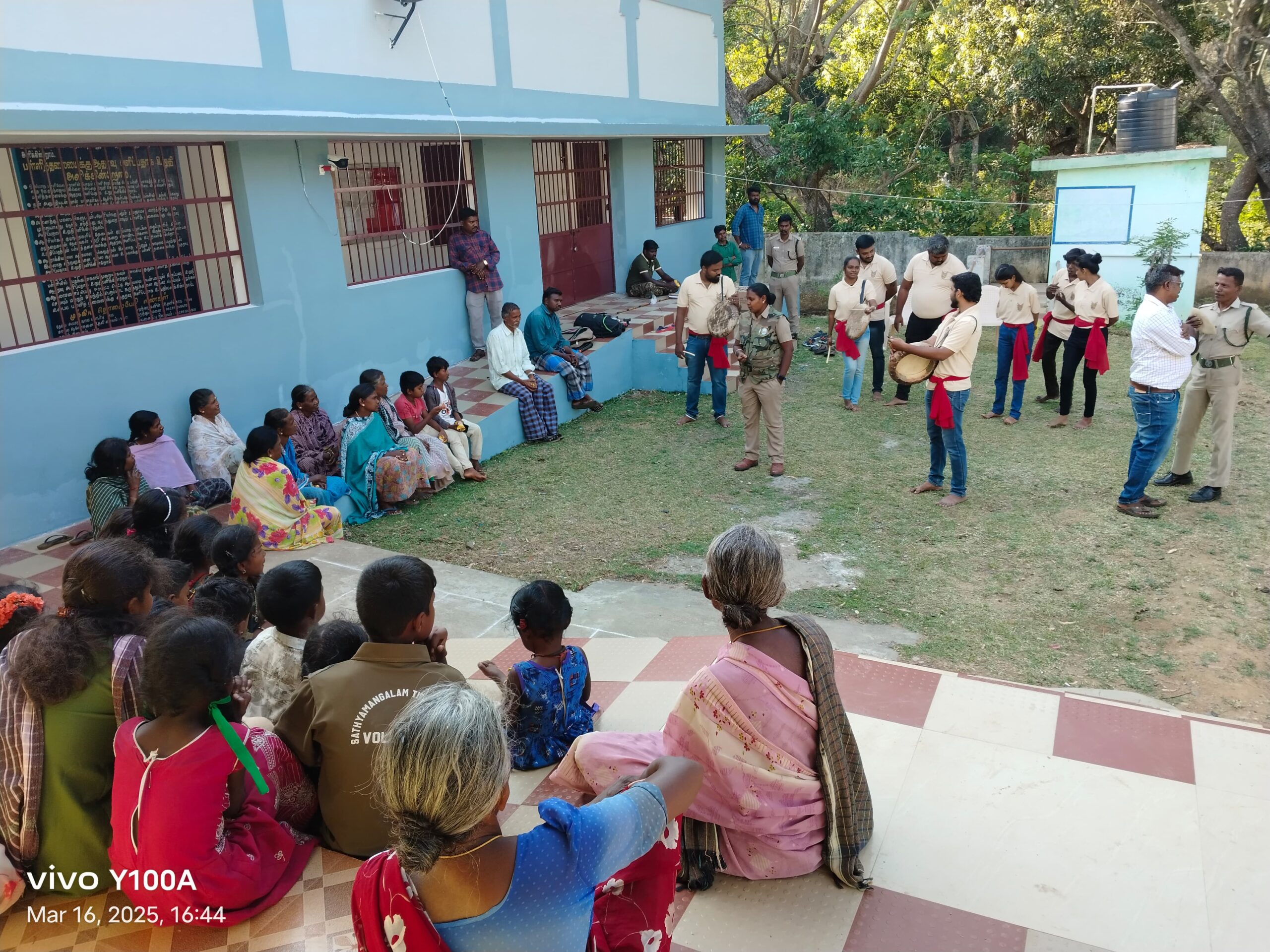September 5, 2023
By Jyoti Patale
Consultant, Networks & Alliances (Eastern India)
In April this year, Keystone was offered the opportunity to choose 10 indigenous and local women from our working areas for an eight-month fellowship with the People and Nature Fund by Global Alliance for Green and Gender Action (GAGGA). The women, who were nominated by our various team members, are based in Eastern India (West Bengal, Odisha and Jharkhand) and the Nilgiri Biosphere Reserve. They receive financial support from GAGGA for their work in promoting gender rights, environmental justice, nature-based solutions, issues related to climate change, land rights for indigenous people, and amplifying the voices of indigenous women. In addition to a monthly stipend and a separate budget for equipment and trainings, the fellows receive logistical and technical support from their nominators at Keystone.
Here’s updates from the work done by the five fellows and a women’s self-help group from Eastern India (Jharkhand, West Bengal, Odisha), supported by GAGGA.
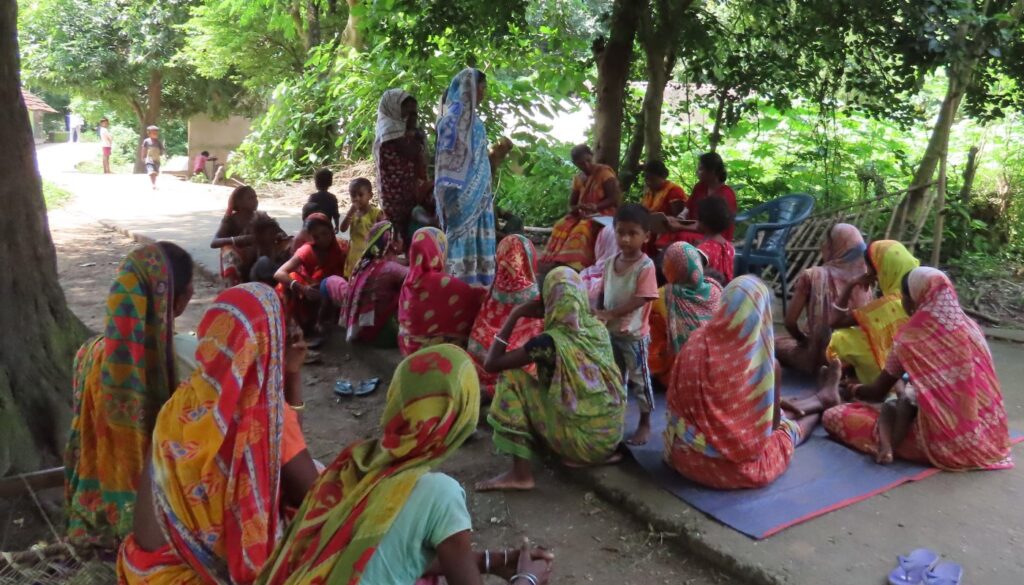
Kapra Mahali is a resident of Latia village in East Singhbhum, Jharkhand. She is addressing issues related to climate change and its impacts on land, water, forests and agriculture. Living in a region heavily reliant on farming, Mahali recognises the importance of fostering a sustainable environment for future generations. To tackle these interconnected issues, she initiated a comprehensive strategy with the active involvement of community members.
She has been actively involved in strengthening the self-help groups (SHGs). This includes conducting regular interactions, meetings and trainings with women group leaders and members; forming youth groups to educate young people about adverse effects of climate change; and conducting training sessions on seed treatment. She did remarkable work in motivating women of Dewalitola of Gohala village to form a self-help group considering the initial lack of confidence among the women. Women are now confident and they have made three groups in that village. She has distributed seeds to the women in her community, leading to the successful establishment of kitchen gardens. By providing seeds to women, she ensures a sustainable source of fresh produce for their household and encourages self-sufficiency and improved nutrition. Looking ahead, she aims to establish a seed bank, motivate people for multi-layer cropping, and include crucial steps to enhance climate change and sustainable agriculture within her community.
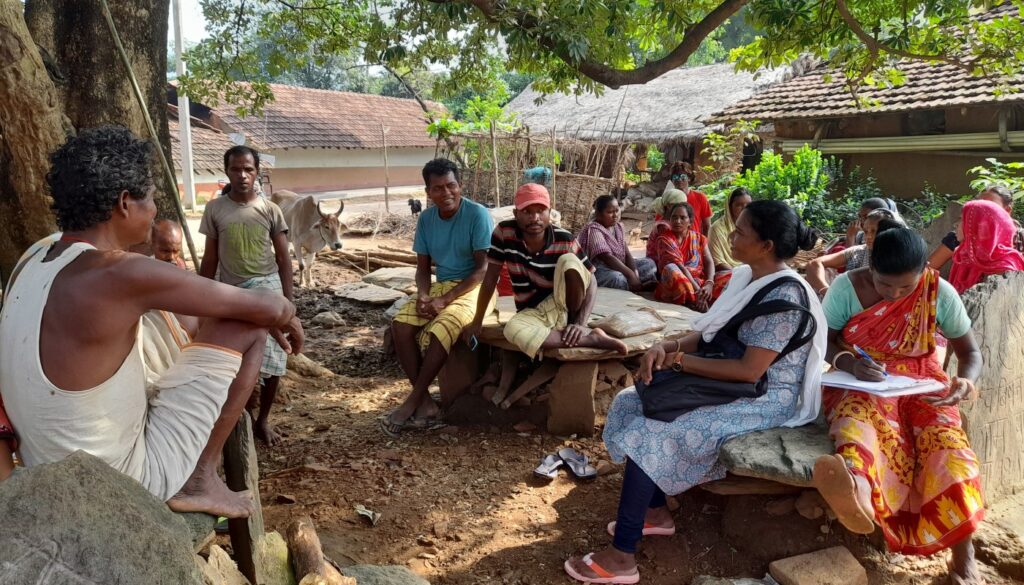
Baby Patar is from Lawkesra village of East Singhbhum, Jharkhand. Baby has been supported by PNF-GAGGA fellowship for the last five years. She has had the opportunity to participate in a diverse range of training programs and workshops. Her approach focuses on promoting women’s self-help groups (SHGs) and engaging youths and farmers in the adoption of organic farming practices while raising awareness about climate change. To fulfil her objectives, she organizes training workshops, meetings and exposure visits. She is organising trainings for making organic pesticides, multiplayer farming, seed treatment, establishment of seed banks, and identification and use of wild food and medicines. She has been collecting and distributing vegetable and pulses seeds for the last 4 years.
Baby’s efforts have yielded significant results, with the strengthening of 15 women’s self-help groups comprising a total of 374 members. Her initiative in creating livelihood opportunities through kitchen gardens has benefited families from the village, enabling them to earn a substantial income for six to eight months each year. Furthermore, her dedication to educating the community about the conservation and utilization of wild food has contributed to the preservation of traditional knowledge. For the first time, farmers in her community sowing millet varieties such as Bajra (Pearl Millet), Madua (Finger Millet), Gundli (Little Millet) contributed to crop diversity.
As she reflects on her accomplishments, she has outlined several key initiatives that align with her mission and community needs. Her forward-looking plans include a focus on water conservation through traditional techniques and an establishment of farmer’s cooperatives to strengthen the agriculture community.
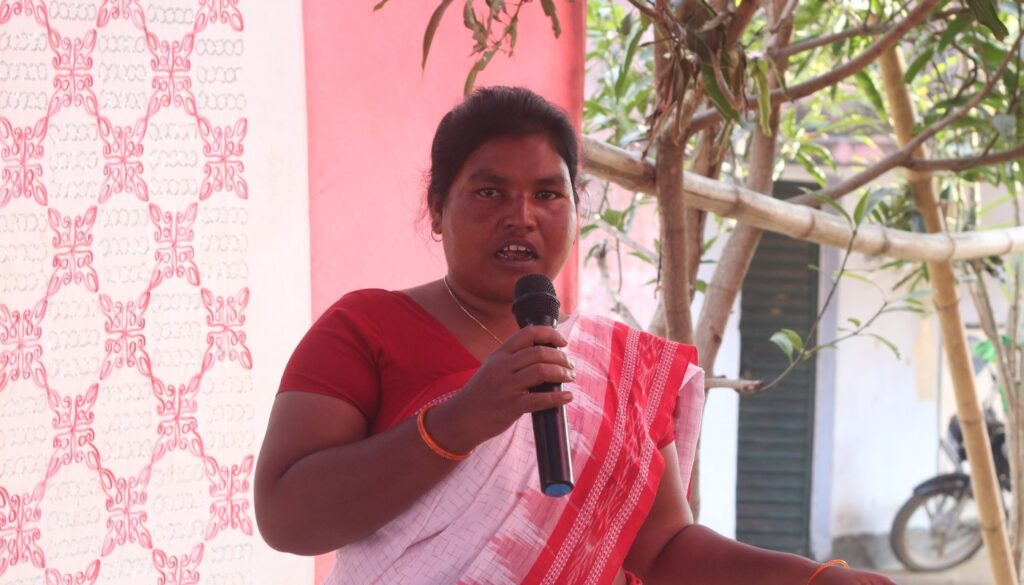
Anita Kumari is from Barasigdi village, Potka block, East Singhbhum, Jharkhand. Anita’s focus on wild food is particularly noteworthy, given her village’s proximity to the forest. Her efforts have led to the identification and utilization of various wild resources, including flowers, fruits, tubers and mushrooms, all of which contribute to both food security and biodiversity conservation. Anita works to raise awareness about organic farming practices. She conducts regular training, workshops and exposure programs to equip her fellow community members with essential skills such as making organic pesticides, practicing multilayer farming and System of Rice Intensification(SRI) technique.
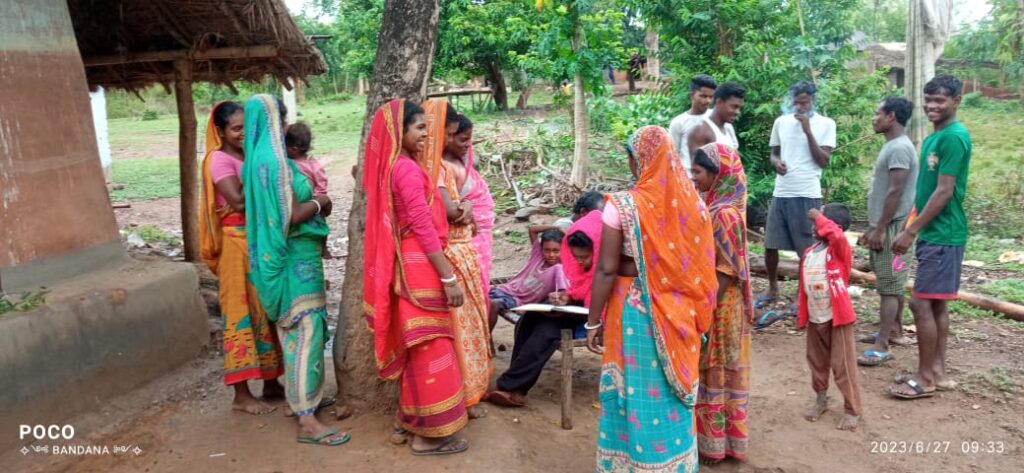
Bandana Sabar is a resident of Kendajore, Jorobari, Purulia district, West Bengal. She works in spreading awareness and building the capacity of the Sabar community. Her multifaceted approach encompasses wild food exploration, forest conservation and climate change education, all while promoting traditional and organic practices among Sabar people. One of the pressing challenges Bandana is addressing is the adverse impact of climate change on farming. She recognizes that delayed rains and an increase in temperature have disrupted the agricultural calendar, leading to delayed crop growth. Her village-to village meetings aim to encourage farmers to adopt sustainable practices, particularly organic farming. She has also been distributing seeds and empowering women within the community. Participation in community consultations and rallies with the Sabar community highlights her advocacy for land rights, traditional foods and climate justice.
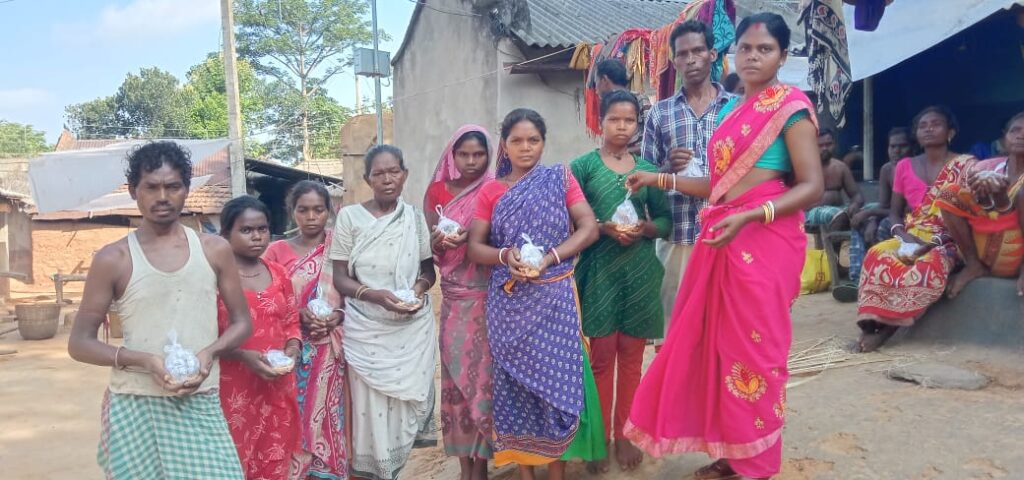
Namita Sabar is from Kashidih, Purulia district, West Bengal. Through a comprehensive training program, she is providing awareness opportunities to community members, equipping them with the knowledge and skills needed to tackle water scarcity. Her work has resulted in the active participation of Sabar women in her initiatives and meetings, overcoming initial hesitation. These women are now enthusiastically establishing organic kitchen gardens, contributing to food security and self-sufficiency within their household. Namita’s exposure visit to Panchal in Bakura has enriched her knowledge of various farming techniques, from seed preservation to multilayer farming.
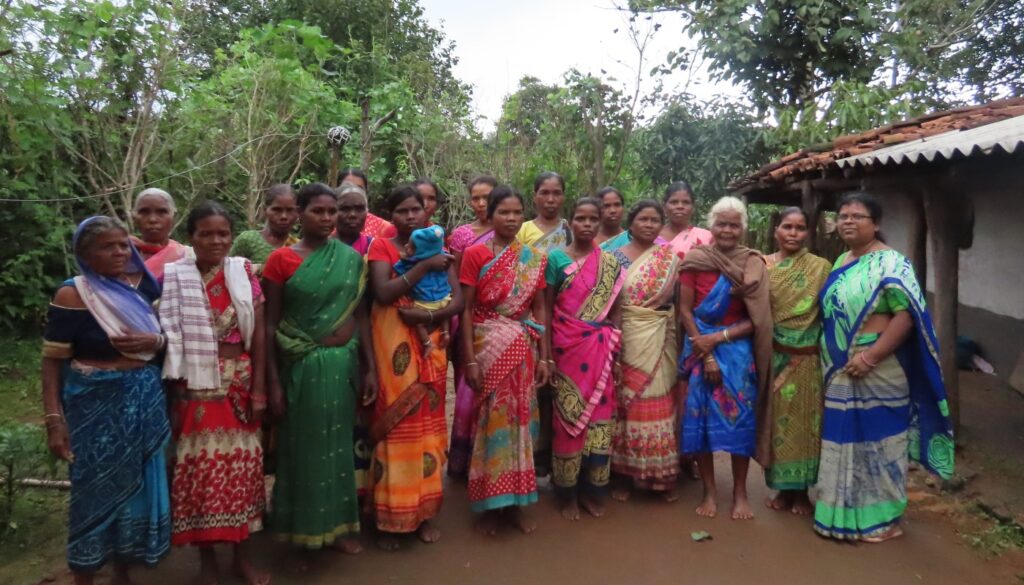
Pat Agragami Mahila Sangh (SHG) is a woman’s collective called Pat Agragami Mahila Sangh has been formed in Orsa Panchayat Mahuadanr Block, Latehar District, Jharkhand, with the Nagesia community and it comprises of 12 members – Bimla Nagesia, Indramani Nagesia, Khamsi Nagesia, Amari Nagesia, Pushpa Nagesia, Sushma Nagesia, Maheshwari Nagesia, Pratibha Nagesia, Pushpa Nagesia, Jyoti Nagesia, Amsi Nagesia, and Jagmaniya Nagesia. The collective is supported by GAGGA. They meet on a monthly basis as well as when the need for a meeting arises. In addition to savings, the women of the collective also carry out discussions on a variety of other issues. Primarily they discuss matters relating to farming, food and village and family related problems.
One of the members of the collective, Bimla Nagesia, has been playing an active role in developing and implementing strategies to ensure that the goals and objectives of the collective are achieved. Bimla has a long association with a variety of struggles and movements in the area and has been working to mobilize people especially women for their rights. Bimla is 44 years old and hails from Chiro Nawa Toli and belongs to the Nagesia community. She has been working with the Pat Agargami Mahila Sangh to build awareness about their rights and to empower them and make them self-reliant. She has also been working for the strengthening, revival and promotion of traditional and organic agriculture, protection and conservation of local seeds and crops, and conservation of the environment.

